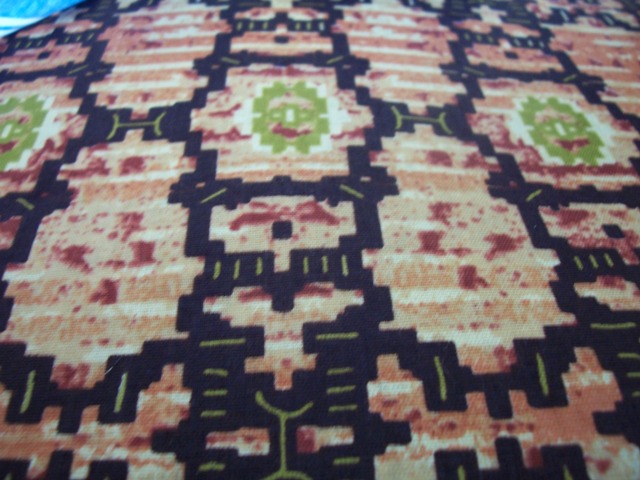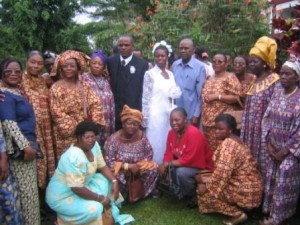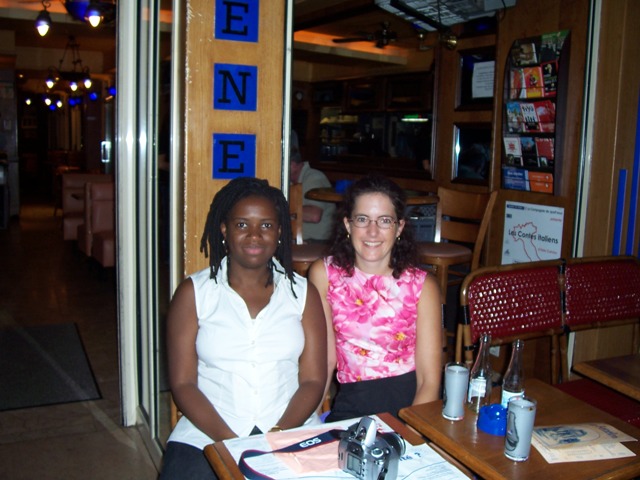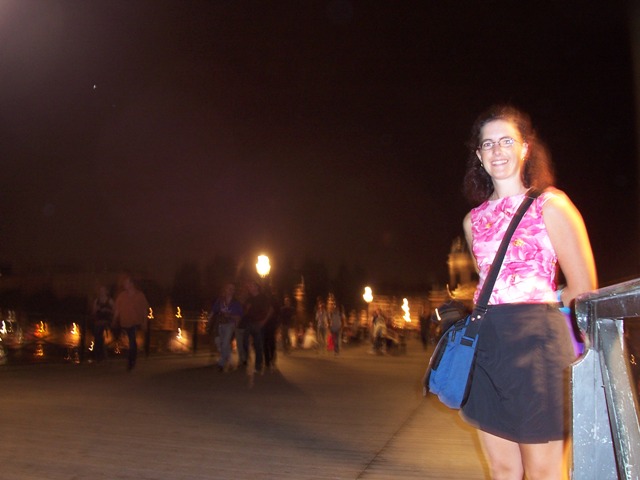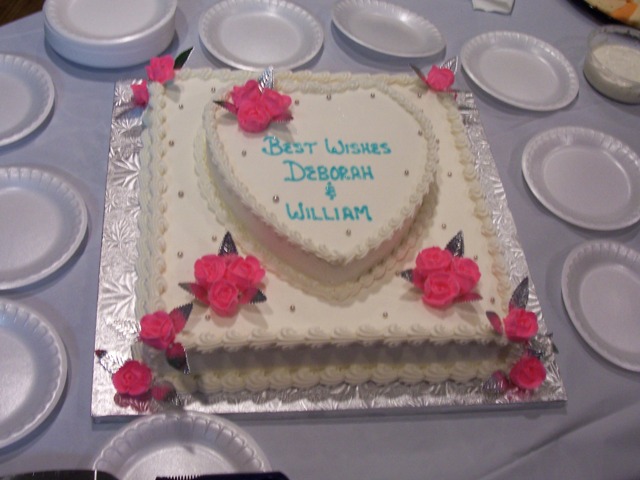What I Like About Douala
September 19th, 2005Douala isn’t really a tourist city. There aren’t any cultural attractions that I’ve heard of since I’ve been here. Not that I’ve really investigated a lot, but everyone always talks about going to Kribi or Limbe, not touring Douala. It is, however, a city of neighbourhoods that each have their own atmosphere and sometimes specific kinds of businesses.
We live in Makepe (the ‘burbs), pass through Deido, Bonamoussadi and Rond Point to get to Bonanjo (the city). Akwa is largely a shopping district right downtown. I like the people, mostly young men, who walk around with items to purchase in their hands and on their heads. Everything from candy and tissues to running shoes to handbags to peanuts to linens and pillows. There are also carts with hardware, shopping bags, pineapple, papaya, oranges or apples.
I like how the taxi drivers take their cars over the most daunting roads, braving things that look too big to be potholes.
I like the restaurants that put the day’s menu on a chalkboard outside and serve the yummiest food for $5 -7 dollars a plate.
I like internet cafes with English keyboards–for obvious reasons.
I like all the wonderful fabrics people use to make the clothes. Usually the women’s clothes are African style and very creative. The men’s are usually short-sleeved shirts that are worn large and untucked. Sometimes the men wear long tunics over pants and look very festive. Women tie their hair in the same or a matching fabric to their outfits.
I like that people say “Bonjour” or “Bonsoir” to everyone when they get into a taxi.
September 22, 2005
I like that you can see people (usually men) making beds, armchairs, armoires, even the big iron gates at the front of people’s houses. There are parts of the city where you can see them when you are just driving by on the road. They make everything from woven rattan type furniture to upholstered sets in whatever fabric you choose.
